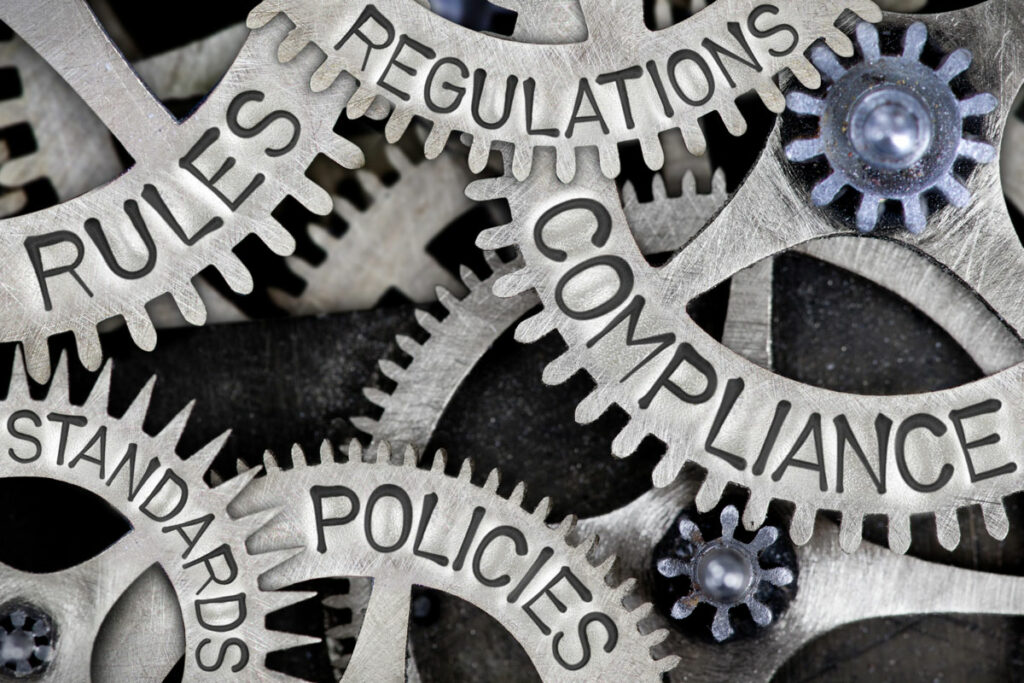Is It Too Late to Regulate Big Tech?

A piece of legislation is working its way through the U.S. Senate that aims to limit the power and influence of digital media platforms such as Facebook, Google and Amazon. And while most people might be surprised to learn that Senators Elizabeth Warren and Lindsay Graham are the co-sponsors of the Digital Consumer Protection Commission Act of 2023 – because of their otherwise widely divergent political views – the most surprising thing about the bill is that they think it might actually work.
But legislating online behavior under the guise of reining in “Big Tech” is a tough nut to crack, and even someone whose only legal training consists of “Law and Order” reruns can find flaws in the legislative logic.
The idea of creating an independent regulatory agency to keep big tech platforms in line is a good idea. While government oversight of pretty much everything is frowned upon by the business community as a matter of course, even hardline free market capitalists recognize the need for banking and securities regulations and other checks and balances to promote equity and honesty and level the financial playing field. But trying to regulate the digital world with broad strokes seems more like performative politics than practical policymaking.
In a media release announcing the legislative effort, the reasoning behind the creation of a regulatory agency is made crystal clear.
“Big Tech companies have far too much power – over our economy, our society and our democracy,” the release states. “To get ever more users and data, social media companies manipulate users to drive them to addiction.”
Large conglomerates and industry-leading corporations have often been targets of politicians looking to score some points with voters. And while there have been legitimate concerns about business concentrations – think of Teddy Roosevelt and the Trust Busters in the early 20th century – castigating companies for growing big and profitable is a recurring theme in American history.
In some ways, calls for more business regulation is akin to Thomas Hobbes’ idea in his book “Leviathan,” where he said without a strong central government, life would be “solitary, poor, nasty, brutish and short.” But is our brave new world of high-tech communications and instant media really a digital state of nature?
This new bit of business legislation would include several oversight measures, including requiring platforms to clearly publish terms of service and content-moderation policies, guarantee users the right to access their persona data, allow retrospective review of tech mergers and limit targeted advertising based on users’ personal data.
Those last two are likely to raise concerns in Big Tech boardrooms and generate legal challenges. And most of the rest should at least stir some serious debate.But cracking down on giant tech platforms at this point seems a bit more like trying to hold back the tide with a broom. And about as likely to succeed.






